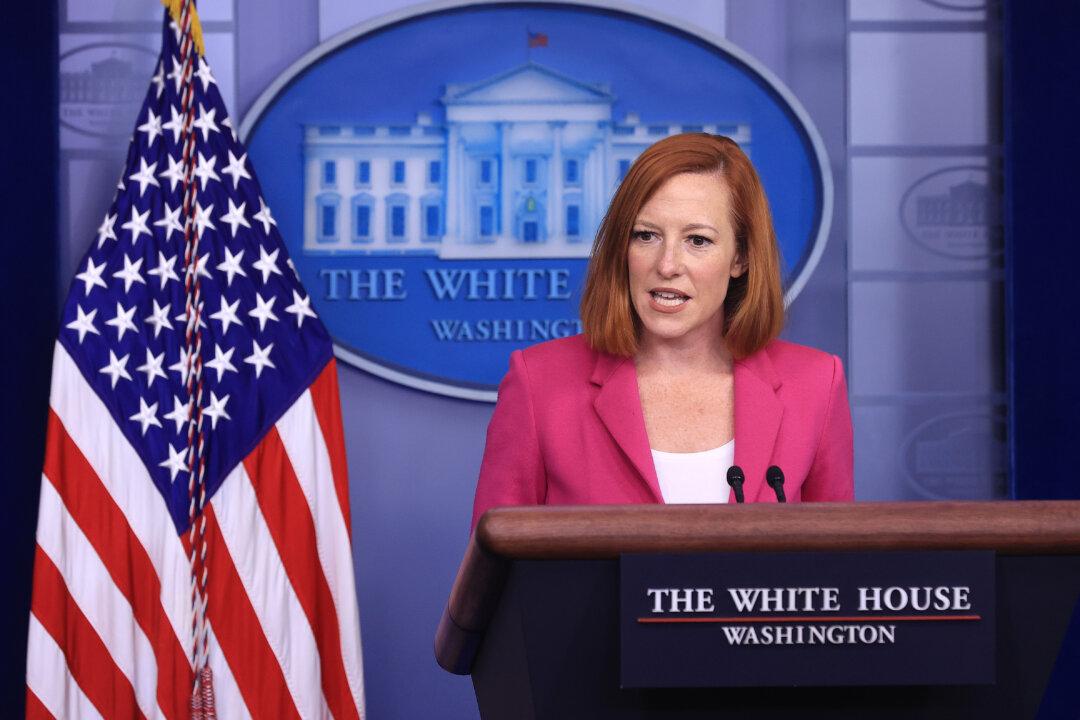White House officials say they do not expect COVID-19 vaccine mandates to add further burden to holiday supply chains.
A recent letter from the American Trucking Association (ATA) to the White House Office of Management and Budget (OMB) expressed concerns at the administration’s soon-to-be imposed vaccine requirements.




